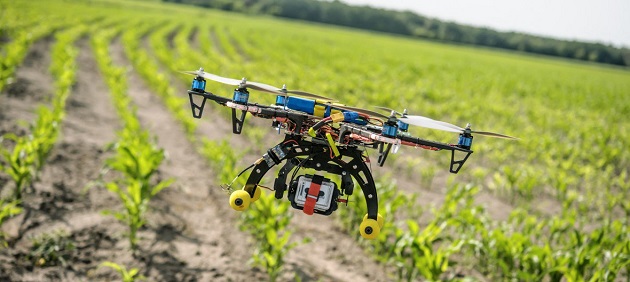The government and private companies alike are taking the first steps to deploy big data analytics, artificial intelligence (AI), and the Internet of Things (IoT) to gain insights into and offer solutions to problems in India’s agriculture sector.
To experiment with such technology, the NITI Aayog will start a pilot project on precision agriculture using AI in 10 districts to be selected from seven states: Assam, Bihar, Jharkhand, Madhya Pradesh, Maharashtra, Rajasthan, and Uttar Pradesh.
This month, the NITI Aayog signed an agreement with software firm IBM to develop a model for crop-yield predictions using AI so that farmers can be provided real-time advisories in these states.
While the project is aimed at improving yields through last-mile solutions, the private sector is also wagering money on so-called smart-agriculture systems. HT stated that a statement from Bosch said it is looking to offer products in precision agriculture, smart irrigation, remote sensing technology, drone applications, and cold storage solutions that rely on IoT. The Internet of Things essentially refers to smart devices connected to the web.
While many of these private-sector solutions are aimed at agri-businesses and enterprises, the public-sector driven NITI Aayog’s pilot project will aim at improving yields of small landholders. The project will come up with “climate-aware cognitive farming techniques” and systems of crop monitoring, including early warning on pest attacks and disease outbreaks by harnessing AI, an official said to HT.








